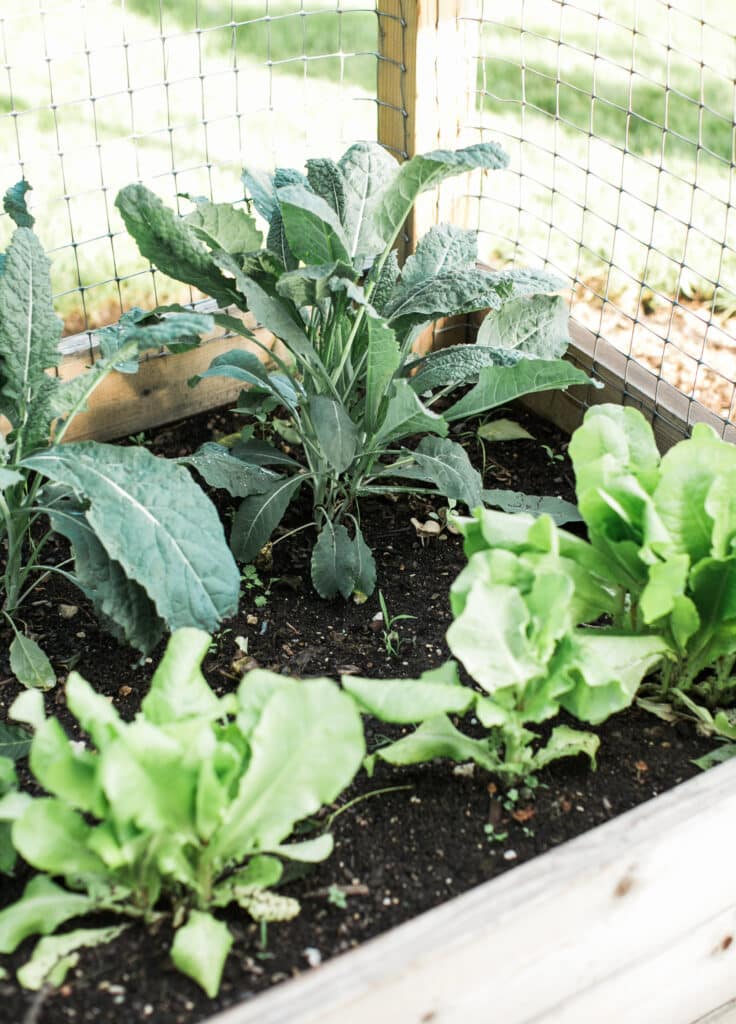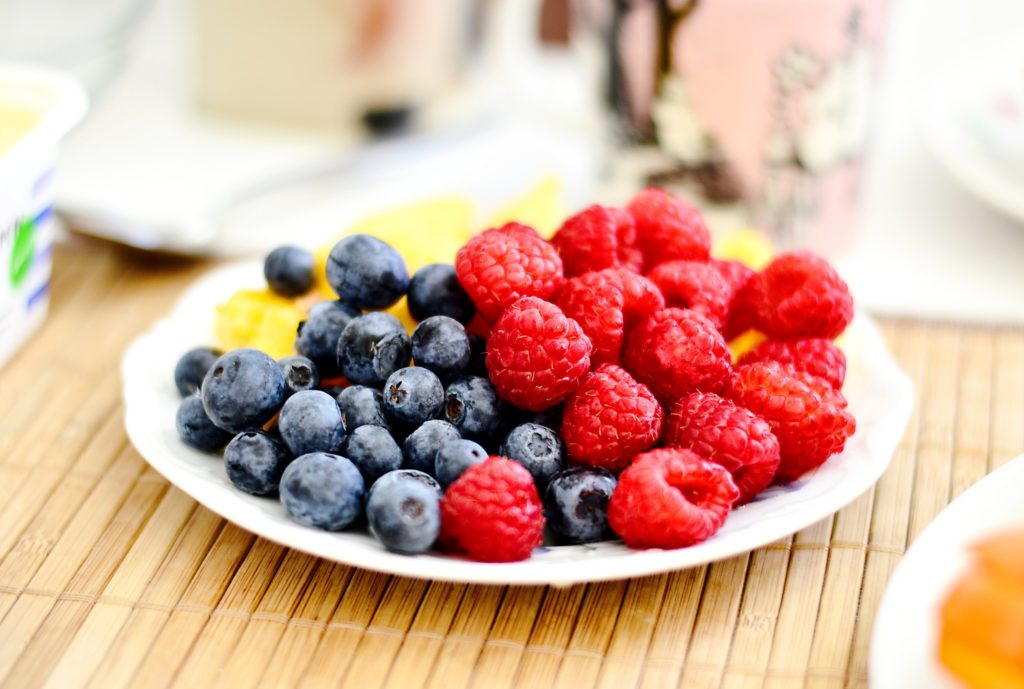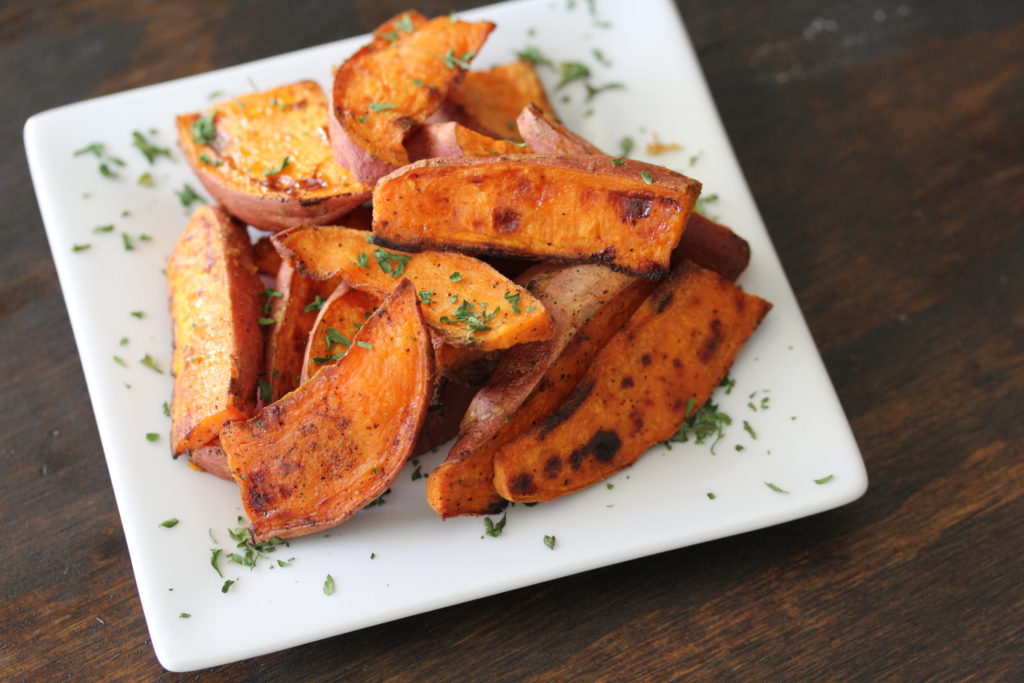The Wholesome Journey - Group Nutrition Coaching Program
Mentorship Program, 1:1 Nutrition Coaching with Alison
What do you want to learn more about?
Program Login
Podcast Features
January 26, 2018
Alison Tierney, MS, RD, CD, CSO
Alison is a registered dietitian, board-certified in oncology nutrition, and a cancer thriver. Her expertise in oncology nutrition and personal experience with her own cancer diagnosis and its treatment provide her with the unique perspective of being able to relate to her clients on an entirely different level. Her content is consistently focused on evidence-based guidelines and seeks to increase the awareness of the power of nutrition to complement traditional cancer therapies.
- Alison Tierney, MS, RD, CD, CSO
- Alison Tierney, MS, RD, CD, CSO
- Alison Tierney, MS, RD, CD, CSO
- Alison Tierney, MS, RD, CD, CSO
- Alison Tierney, MS, RD, CD, CSO
- Alison Tierney, MS, RD, CD, CSO
- Alison Tierney, MS, RD, CD, CSO
- Alison Tierney, MS, RD, CD, CSO
- Alison Tierney, MS, RD, CD, CSO
- Alison Tierney, MS, RD, CD, CSO
- Alison Tierney, MS, RD, CD, CSO
- Alison Tierney, MS, RD, CD, CSO
- Alison Tierney, MS, RD, CD, CSO
- Alison Tierney, MS, RD, CD, CSO
- Alison Tierney, MS, RD, CD, CSO
- Alison Tierney, MS, RD, CD, CSO
- Alison Tierney, MS, RD, CD, CSO
- Alison Tierney, MS, RD, CD, CSO
- Alison Tierney, MS, RD, CD, CSO
- Alison Tierney, MS, RD, CD, CSO
- Alison Tierney, MS, RD, CD, CSO
- Alison Tierney, MS, RD, CD, CSO
- Alison Tierney, MS, RD, CD, CSO
- Alison Tierney, MS, RD, CD, CSO
- Alison Tierney, MS, RD, CD, CSO
- Alison Tierney, MS, RD, CD, CSO
- Alison Tierney, MS, RD, CD, CSO
- Alison Tierney, MS, RD, CD, CSO
- Alison Tierney, MS, RD, CD, CSO
- Alison Tierney, MS, RD, CD, CSO
- Alison Tierney, MS, RD, CD, CSO
- Alison Tierney, MS, RD, CD, CSO
- Alison Tierney, MS, RD, CD, CSO
- Alison Tierney, MS, RD, CD, CSO
- Alison Tierney, MS, RD, CD, CSO
- Alison Tierney, MS, RD, CD, CSO
- Alison Tierney, MS, RD, CD, CSO
- Alison Tierney, MS, RD, CD, CSO
- Alison Tierney, MS, RD, CD, CSO
- Alison Tierney, MS, RD, CD, CSO
- Alison Tierney, MS, RD, CD, CSO
- Alison Tierney, MS, RD, CD, CSO
- Alison Tierney, MS, RD, CD, CSO
- Alison Tierney, MS, RD, CD, CSO
- Alison Tierney, MS, RD, CD, CSO
- Alison Tierney, MS, RD, CD, CSO
- Alison Tierney, MS, RD, CD, CSO
- Alison Tierney, MS, RD, CD, CSO
- Alison Tierney, MS, RD, CD, CSO
- Alison Tierney, MS, RD, CD, CSO
- Alison Tierney, MS, RD, CD, CSO
- Alison Tierney, MS, RD, CD, CSO
- Alison Tierney, MS, RD, CD, CSO
- Alison Tierney, MS, RD, CD, CSO
- Alison Tierney, MS, RD, CD, CSO
- Alison Tierney, MS, RD, CD, CSO
- Alison Tierney, MS, RD, CD, CSO
- Alison Tierney, MS, RD, CD, CSO
- Alison Tierney, MS, RD, CD, CSO
- Alison Tierney, MS, RD, CD, CSO
- Alison Tierney, MS, RD, CD, CSO
- Alison Tierney, MS, RD, CD, CSO
- Alison Tierney, MS, RD, CD, CSO
- Alison Tierney, MS, RD, CD, CSO
- Alison Tierney, MS, RD, CD, CSO
- Alison Tierney, MS, RD, CD, CSO
- Alison Tierney, MS, RD, CD, CSO
- Alison Tierney, MS, RD, CD, CSO
- Alison Tierney, MS, RD, CD, CSO
- Alison Tierney, MS, RD, CD, CSO
- Alison Tierney, MS, RD, CD, CSO
- Alison Tierney, MS, RD, CD, CSO
- Alison Tierney, MS, RD, CD, CSO
- Alison Tierney, MS, RD, CD, CSO
- Alison Tierney, MS, RD, CD, CSO
- Alison Tierney, MS, RD, CD, CSO
- Alison Tierney, MS, RD, CD, CSO
- Alison Tierney, MS, RD, CD, CSO
- Alison Tierney, MS, RD, CD, CSO
- Alison Tierney, MS, RD, CD, CSO
- Alison Tierney, MS, RD, CD, CSO
- Alison Tierney, MS, RD, CD, CSO
- Alison Tierney, MS, RD, CD, CSO
- Alison Tierney, MS, RD, CD, CSO
- Alison Tierney, MS, RD, CD, CSO
- Alison Tierney, MS, RD, CD, CSO
- Alison Tierney, MS, RD, CD, CSO
- Alison Tierney, MS, RD, CD, CSO
- Alison Tierney, MS, RD, CD, CSO
- Alison Tierney, MS, RD, CD, CSO
- Alison Tierney, MS, RD, CD, CSO
- Alison Tierney, MS, RD, CD, CSO
- Alison Tierney, MS, RD, CD, CSO
- Alison Tierney, MS, RD, CD, CSO
- Alison Tierney, MS, RD, CD, CSO
- Alison Tierney, MS, RD, CD, CSO
- Alison Tierney, MS, RD, CD, CSO
- Alison Tierney, MS, RD, CD, CSO
- Alison Tierney, MS, RD, CD, CSO
- Alison Tierney, MS, RD, CD, CSO
- Alison Tierney, MS, RD, CD, CSO
- Alison Tierney, MS, RD, CD, CSO
- Alison Tierney, MS, RD, CD, CSO
- Alison Tierney, MS, RD, CD, CSO
- Alison Tierney, MS, RD, CD, CSO
- Alison Tierney, MS, RD, CD, CSO
- Alison Tierney, MS, RD, CD, CSO
- Alison Tierney, MS, RD, CD, CSO
- Alison Tierney, MS, RD, CD, CSO
- Alison Tierney, MS, RD, CD, CSO
- Alison Tierney, MS, RD, CD, CSO
- Alison Tierney, MS, RD, CD, CSO
- Alison Tierney, MS, RD, CD, CSO
- Alison Tierney, MS, RD, CD, CSO
- Alison Tierney, MS, RD, CD, CSO
- Alison Tierney, MS, RD, CD, CSO
- Alison Tierney, MS, RD, CD, CSO
- Alison Tierney, MS, RD, CD, CSO
- Alison Tierney, MS, RD, CD, CSO
- Alison Tierney, MS, RD, CD, CSO
- Alison Tierney, MS, RD, CD, CSO
- Alison Tierney, MS, RD, CD, CSO
- Alison Tierney, MS, RD, CD, CSO
Phytochemicals are natural compounds found in plants that have been shown to have a variety of health benefits. They are not considered essential nutrients, but consuming foods rich in these nutrients can help reduce the risk of cancer and chronic diseases while promoting overall health. In this article, we’ll explore what phytochemicals are, what they do, and which foods are good sources of these beneficial compounds.
What Foods are Phytochemicals Found In?
Phyto- is the Greek word for plants. Don’t think of these nutrients as a bad thing just because it has the word ‘chemical’ in it. The best translation to think of is “plant nutrients”. Phytochemicals are naturally found in whole, plant-based foods and provide the color, odor, and flavor to these nutritious foods. For example –
-
Sweet potatoes’ deep orange pigments [color] = beta-carotene
-
Garlic’s pungent odors [odor] = allicin
-
Broccoli’s bitter taste [flavor] = glucosinolate

What is the Best Source of Phytochemicals?
Phytochemicals are found in plants such as fruits, vegetables, whole-grains, legumes, herbs & spices, nuts & seeds. Animal products such as meat, poultry, fish, eggs, and dairy do not contain these great disease-fighting properties. Therefore, plants are the best source of these powerful nutrients – and truly the only source.
Research shows phytochemicals can positively influence processes within our body. As a board certified specialist in oncology nutrition, I am constantly emphasize these incredible nutrients as cancer fighting properties–not to mention chronic disease fighters–in the foods we eat.

Scientists have identified tens of thousands of phytochemicals and most likely have many more to identify. Different groupings of phytochemicals perform different functions in the body. Therefore, having a wide variety of these nutrients is essential to help prevent, manage, and possibly even treat several chronic diseases. As you can imagine, there isn’t much information regarding what the average intake is among populations, but intake is higher among those who consume an increased amounts of plant-based foods.
Why are Phytochemicals Important to Your Health?
Studies show phytochemicals have the ability to: (1,2,3)
- Stimulate the immune system.
- Block the things we eat, drink, and breathe from becoming carcinogens, or cancer causing substances.
- Reduce chronic inflammation, which is a breeding ground for cancer and other chronic diseases.
- Prevent DNA damage and repair DNA when damage has already occured.
- Slow the growth rate of cancer cells.
- Trigger apoptosis, or programmed cell death, of damaged and harmful cells before they can reproduce.
- Regulate hormones.
- Activate insulin receptors.
You might ask yourself, “what is the best way for me to get phytochemicals?” The answer is simple. Consume more whole, plant-based foods and a wide variety of them.
Should I Take Phytonutrient Supplements?
Health food and supplement stores all over promote the use of supplements, however, research shows this is not a good way to maximize the health benefits of phytochemicals (or, other nutrients) and their close relative, antioxidants. In fact, several studies show supplement consumption of phytochemicals and antioxidants can actually progress cancer growth. Scientists believe the fiber, phytochemicals, antioxidants, vitamins, minerals, and nutrients we most likely haven’t even identified yet work synergistically to prevent disease. Phytochemicals are powerful anti-cancer properties, but whole, plant-based foods overall are the true protectors.
How Much or How Many Phytochemicals Should I Get Per Day?
Due to the difficulty of identifying these nutrients, their interaction potential, and different variations and levels found in different foods, it is practically impossible to give specific guidelines.
With that being said, I believe the best approach is to stick with Michael Pollan’s words of wisdom:
Eat food. Not too much. Mostly plants.
~michael pollan
“In Defense of Food”
References:
-
Phytochemicals: The Cancer Fighters in Your Foods. (n.d.). Retrieved January 25, 2018, from http://www.aicr.org/reduce-your-cancer-risk/diet/elements_phytochemicals.html
-
World Cancer Research Fund/American Institute for Cancer Research. Food, Nutrition, Physical Activity, and the Prevention of Cancer: A Global Perspective. Washington, DC: American Institute for Cancer Research, 2007.
-
Hanhineva K, Torronen R, Bondia-Pons I, et al. Impact of dietary polyphenols on carbohydrate metabolism. Int J Mol Sci. 2010;11(4):1365-1402.
Updated April 2, 2023
What are Phytochemicals?
Leave a Reply Cancel reply
Featured Articles
Wholesome LLC is not a medical practice, and its employees cannot offer medical advice. This website provides educational information but it is not a substitute for medical advice from a licensed medical professional who is familiar with your particular facts and circumstances. The information contained on this website is not intended to diagnose, treat, or cure any disease and shall not be construed as medical advice. The information and education on this website is provided for you to use at your own discretion.
You can further review our disclaimer here.
Wholesome
About Alison
Courses & Programs
The Wholesome Journey
Free Resources
FAQs
Press & Media
Recipes
Blog
Contact Us
Shop
© 2026 Wholesome, LLC All rights reserved.
Privacy Policy
Terms of Use
Disclaimer
Mobile Terms of Service




Be the first to comment